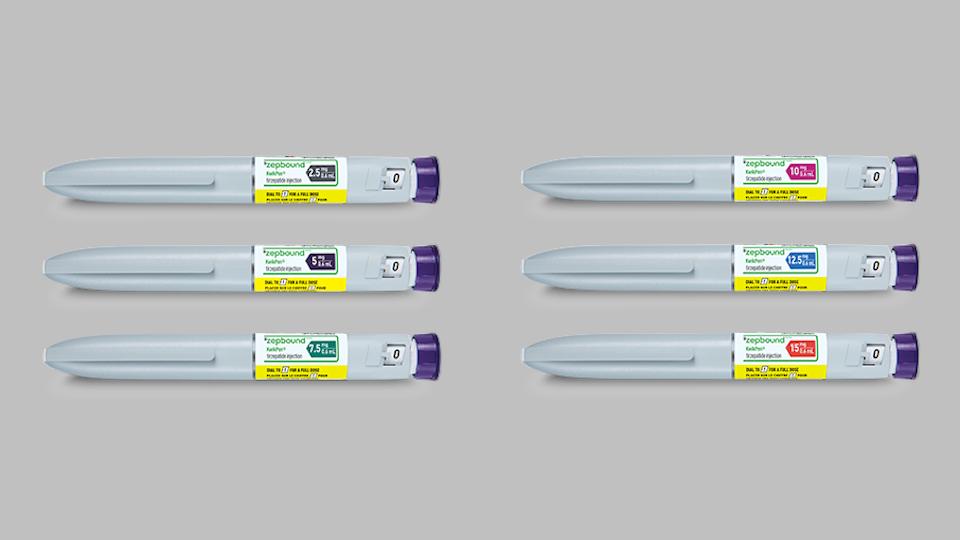Fulcrum Therapeutics promises new drugs for rare disorders

A new Cambridge, Massachusetts-based company believes it has a revolutionary method of producing effective therapies for rare genetic disorders.
Fulcrum Therapeutics, a company that specifically focuses on gene control mechanisms for drug production, has been launched following a successful series A funding round.
The company aims to create new small molecule drugs to target the diseases, an approach which may prove less risky than developing novel biologic or regenerative medicine therapies.
The company has the backing of leading healthcare venture firm Third Rock, with a $55 million total investment, and it plans to develop a platform capable of identifying and modulating core gene regulatory targets for disease.
Fragile X syndrome (FXS), a genetic disorder that leads to impaired brain function and the most common inherited form of mental retardation, and facioscapulohumeral muscular dystrophy (FSHD), an upper-body affecting form of the debilitating muscle wasting disease, will be the focus of Fulcrum’s initial two product development programmes.
Each disease is caused by a single genetic mutation – a silencing of the FMR1 gene in FXS and the activation of the DUX4 gene in FSHD.
Aside from oral albuterol to increase muscle mass in FSHD, neither condition has an effective pharmaceutical treatment available, with speech and physical therapies the most common approaches to control symptoms and improve quality of life.
“The richness of the human genome comes from the way genes are turned on and off,” said Dr Robert Gould, president and chief executive of Fulcrum Therapeutics. “Through the modulation of these on and off switches we have the potential to transform the treatment of hundreds of serious human diseases. We are excited to build Fulcrum Therapeutics – a company that is capable of translating these discoveries into groundbreaking new therapies that restore balance in patients who currently have no other therapeutic options.”
Fulcrum’s product engine technology relies upon donated patient cells or induced pluripotent stem cells to create models that can be screened using methods such as CRISPR/CAS9 to identify gene regulatory mechanisms.
Results from screening models are then combined with publically available gene regulatory data in order to build a genome-wide maps for specific conditions that can aid in the identification of drug targets.
Fulcrum’s approach aims to make use of genetic information that has been readily available to the industry for over a decade following the work of the Human Genome Project. Although still seen as a potential game-changer for medicine and drug development – especially for genetic disorders - the speed at which methods utilising the information have been created has been relatively slow.
The launch comes amid greatly increased investment into a variety of genetic techniques such as CRISPR/CAS9, which has attracted the likes of Bayer and AstraZeneca, whilst other companies such as Biogen have investigated alternative gene editing approaches.











